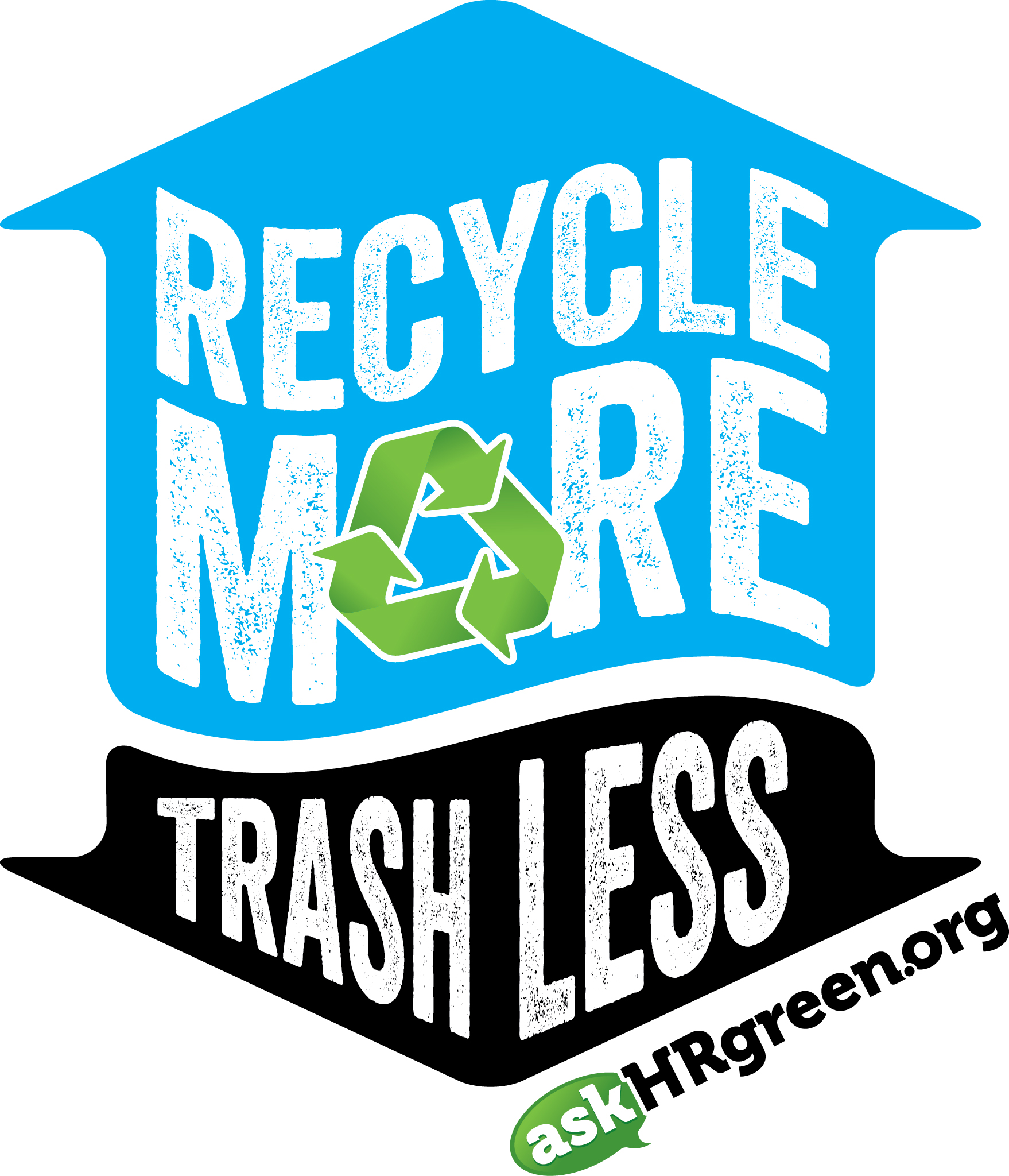Over the course of their lifetime, the average American will produce more than 600 times their body weight in waste. For instance, a 200 pound man will throw away a staggering 120,000 pounds of garbage. On top of that, businesses pour all kinds of waste into the environment as well. While specific numbers will certainly vary, the reality is that massive amounts of waste are causing a number of different environmental issues. Finding the proper recycling programs, for both individuals and major corporations, is a vital step towards being able to go green and help limit the negative impact people have on the planet.
 Roughly 80% of the items that can be found in landfills are actually made of materials that could have been recycled, and they come from all kinds of products. However, recycling paper alone would have a significant positive impact. According to stats from Greenwaste, every ton of recycled paper could save 3.5 cubic yards of landfill, 7,000 gallons of water, and 4,100 kwh of energy. Plus, the amount of wood and paper that gets thrown away every year is enough to power 50 million homes for 20 years! So every waste recycling initiative or program should be sure to place an emphasis on paper products, despite the fact that they are not the only perpetrators.
Roughly 80% of the items that can be found in landfills are actually made of materials that could have been recycled, and they come from all kinds of products. However, recycling paper alone would have a significant positive impact. According to stats from Greenwaste, every ton of recycled paper could save 3.5 cubic yards of landfill, 7,000 gallons of water, and 4,100 kwh of energy. Plus, the amount of wood and paper that gets thrown away every year is enough to power 50 million homes for 20 years! So every waste recycling initiative or program should be sure to place an emphasis on paper products, despite the fact that they are not the only perpetrators.
Aluminum cans and bottles account for only around 1% of the waste stream in the United States. However, recycling that small percentage would save around 16 million barrels of crude oil — which is the amount of oil needed to meet the energy needs of every home in Chicago, Detroit, Dallas, San Francisco, and Seattle. This means that simply throwing soda cans in the recycling bin, rather than the garbage, could help lower the need for oil and help clean up the planet.
Although the facts about recycling should inspire businesses and citizens to recycle more, trash less, there are still many who will produce unnecessary waste. Fortunately, recycling is an easy process, especially for paper and aluminum products, and just about everyone can do it. As a result, there is hope that future generations will be more conscious about the impact they have on their environment and choose to make more responsible waste management decisions.